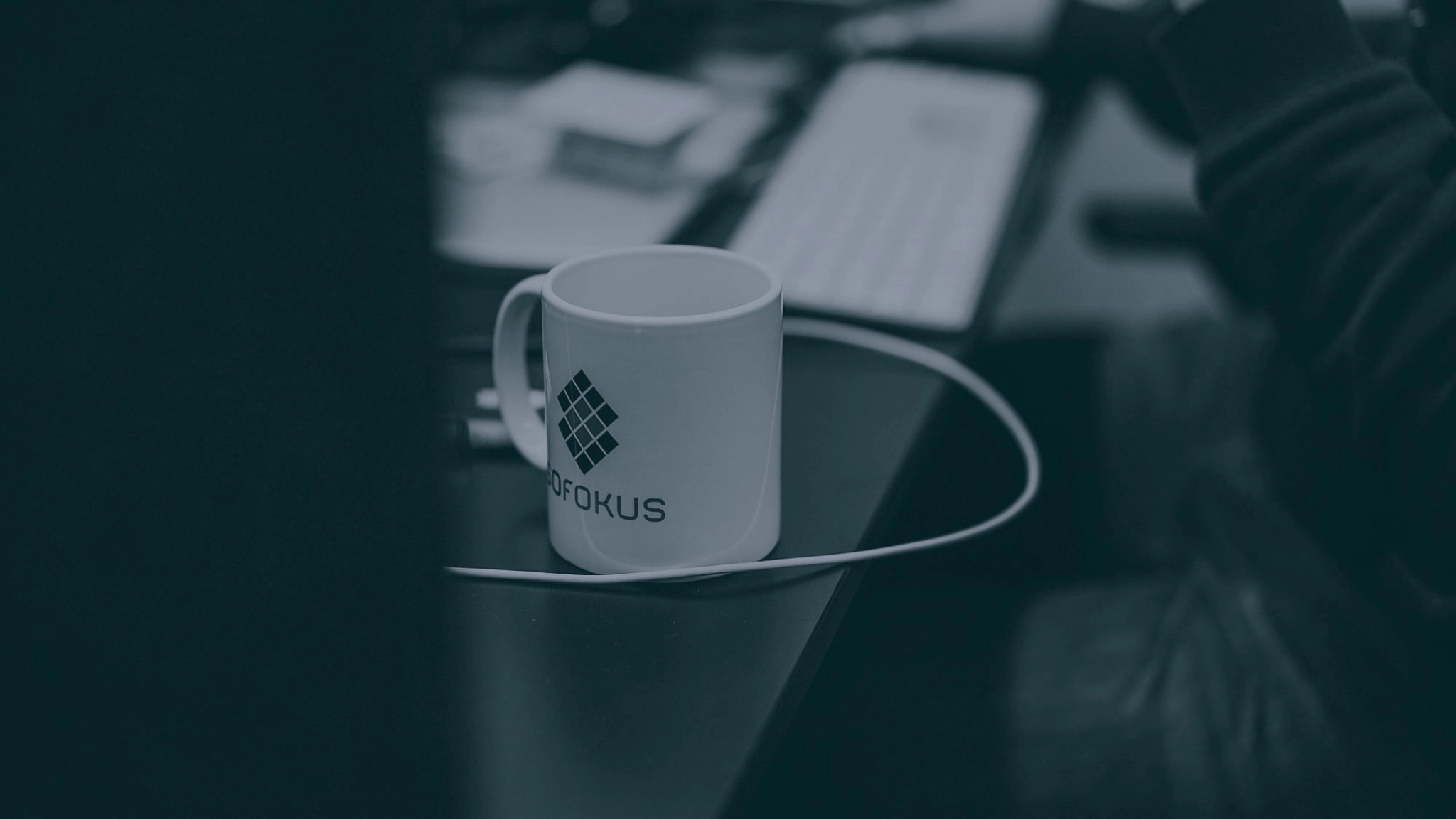
22 | Hybrid vs. Remote work, Liam Martin (1/2)
This episode of the Better Monday® podcast is a special one: we focus on the pros and cons of hybrid work, remote work, and other working models for not one but TWO whole episodes! The subject is so important we didn’t even want to try to squeeze it into 30 minutes.
Our guest star for covering the topic for the next two episodes is Liam Martin, a remote work advocate, as he calls himself. Liam is a co-founder of several remote-first companies and co-organizer of a conference called Running Remote. Liam’s companies have no physical offices, and his team members come from 35 different countries. Liam has been running remote-first companies for over a decade, so he definitely knows what he’s talking about.
In the first part of the two episodes, Milla and Liam talk about the future of work, asynchronous communication, and the differences between remote and hybrid work. They also discuss their different viewpoints regarding successful leadership in a hybrid organisation.

Liam Martin thinks remote-first is the best working model for three reasons
- Asynchronous mindset. When people can consume information when it best suits them, it is possible to make decisions without arranging unnecessary meetings, and people can spend their time more efficiently.
- The ability to travel. Being able to work from abroad enriches life, increases the sense of work-life balance, allows you to engage with foreign cultures, and interact with different people.
- Focus and productivity. Instead of sitting in meetings, people can spend their time more wisely and get more things done in a shorter time.
However, one should also be mindful of the possible negative sides of remote work
- It’s more difficult to build a culture without human contact. Liam shares a great tip that he and his team meet in a virtual reality space every Friday. However, he also reminds that a remote-first company should arrange real, face-to-face encounters every once in a while, but they can be in any cool or fun location.
- It takes managers special skills to run a remote-first company. If managers don’t know how to manage remote teams efficiently, the teams are going to be inevitably slower and less productive. Managers thus need to get rid of the mindset of management in the presence and shift their attention to remote approaches.
- Less strategic collaboration. According to Liam, strategic planning requires more human context that can be reached via digital means, which is why he recommends meeting face-to-face when making strategic decisions. When it’s time to do planning for the upcoming year, Liam and his team tend to meet somewhere abroad, work for a few days, and spend the rest of the time having fun together.
Liam’s three tips on how organizations could support their employees’ work-life balance
- Make sure your team members have a “sacred place” to work. This place, whether it’s a separate office room or just a desk, is only for work, and all distractions should be kept away from it. This helps in setting boundaries for work and free time, especially when working from home.
- Make sure your team members know how their performance is measured.
- In a remote-first organization, managers should focus on solving human-related issues, not on numbers. A remote-first organization utilises several digital tools, which ensures the measured numbers are already incorporated in the daily operating systems. “The system is the manager, the manager works with people”, Liam concludes. Some management tools Liam and his team prefer are Time Doctor, Asana, and traditional Google spreadsheets.
More info about liam martin and the episode
Episode Highlights
- 02:05 Three things that make remote-first the best working model
- 05:30 The potential downsides of remote work
- 11:25 Liam’s tips on how companies could support their employees’ work-life balance
- 20:35 How does Liam take care of his work-life balance?
- 23:50 What makes a company a better employer than others according to Liam?
- Liam’s Linkedin
- Running Remote conference in May 2022
- Time Doctor – employee time tracking software co-founded by Liam